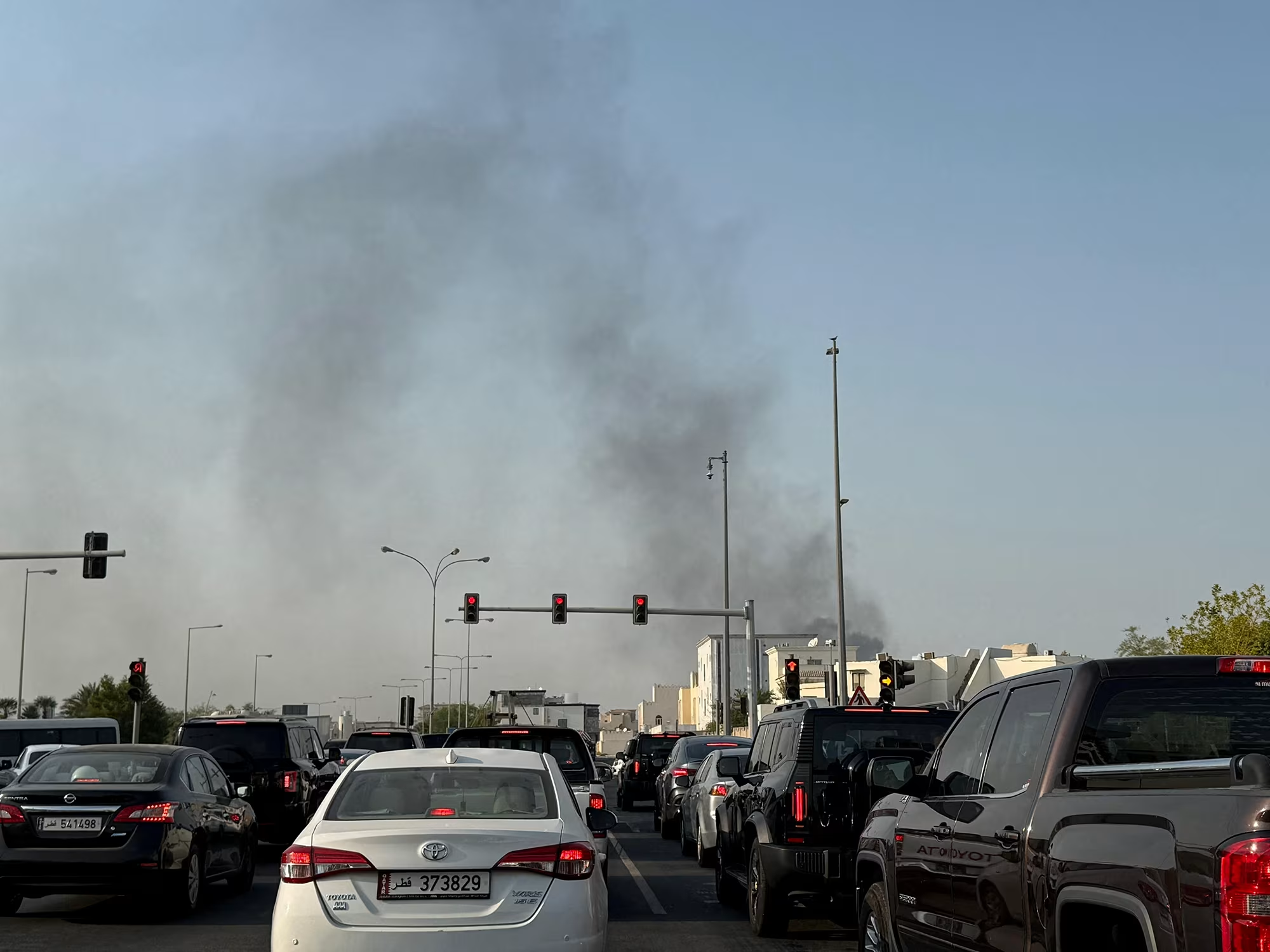Introduction
Israel targets Hamas leadership in Qatar strike, marking a pivotal moment in Middle East tensions. The operation reflects strategic decisions with wide-reaching consequences. While details emerge, regional stability faces a new test. This strike signals both military and political undertones that extend beyond immediate targets.
- Introduction
- Middle East Geopolitical Dynamics
- Military Tactics and Precision Strikes
- Technological Advances in Warfare
- Economic Implications in the Region
- Humanitarian Considerations and Aid
- Historical Context of Israeli Operations
- Diplomatic Reactions Worldwide
- Public Perception and Media Coverage
- Security Measures in Urban Areas
- Regional Alliances and Power Shifts
- Energy and Resource Concerns
- Legal Frameworks Governing Military Actions
- Psychological Impact on Civilians
- Technological Security and Cyber Threats
- Environmental Concerns Amid Conflicts
- Long-term Strategic Implications
- Conclusion
Middle East Geopolitical Dynamics
The region remains a complex landscape of alliances and conflicts. Countries neighboring Israel and Qatar observe shifting priorities. Diplomatic channels are active but face immense pressure from domestic and international expectations. Stability depends on measured responses and ongoing dialogue among nations.
Military Tactics and Precision Strikes
Precision targeting requires advanced intelligence gathering. Israel’s operational planning combines aerial surveillance, electronic tracking, and human intelligence. Such operations highlight the importance of timely, accurate information. The strike in Qatar reflects these sophisticated capabilities.
Technological Advances in Warfare
Modern conflicts increasingly rely on technology. Drones, satellite imagery, and cyber intelligence enable real-time decision-making. Militaries integrate these tools to minimize collateral damage while achieving strategic objectives. Israel’s recent operation showcases this technological edge.
Economic Implications in the Region
Regional economies feel the ripple effects of military actions. Markets react to uncertainty and potential escalation. Trade routes, investment flows, and energy prices fluctuate as governments respond to unfolding events. Stability remains key to maintaining economic resilience.
Humanitarian Considerations and Aid
Humanitarian organizations monitor conflict zones closely. Aid delivery faces challenges due to security risks and logistical hurdles. International groups emphasize the protection of civilians and the provision of essential services amid ongoing tensions.
Historical Context of Israeli Operations
Israel has a history of targeted operations against militant groups. Understanding this background offers insights into the current strike. Past experiences inform strategy, negotiation approaches, and risk assessment in volatile regions.
Diplomatic Reactions Worldwide
Countries across the globe respond differently. Allies may issue supportive statements, while others express concern over escalation. Diplomatic reactions shape the international narrative and influence potential interventions or sanctions.
Public Perception and Media Coverage
Media portrayal significantly impacts public opinion. News outlets analyze military tactics, political motives, and humanitarian consequences. Social media amplifies immediate reactions, shaping narratives rapidly and sometimes unpredictably.
Security Measures in Urban Areas
Urban centers implement heightened security during conflict periods. Surveillance, checkpoints, and emergency protocols aim to prevent escalation and protect civilians. Authorities coordinate with local communities to ensure preparedness and rapid response.
Regional Alliances and Power Shifts
Alliances influence strategic decisions. Neighboring states reassess positions, forming new partnerships or reinforcing existing ones. Shifts in power dynamics can redefine regional stability and alter long-term political landscapes.
Energy and Resource Concerns
Energy infrastructure and resource management are sensitive to conflict. Interruptions in supply chains affect local populations and international markets. Nations prioritize safeguarding critical assets while navigating geopolitical pressures.
Legal Frameworks Governing Military Actions
International law dictates boundaries for military interventions. Legal scrutiny examines proportionality, sovereignty, and compliance with treaties. Israel’s actions undergo analysis under these frameworks to ensure legitimacy and accountability.
Psychological Impact on Civilians
Conflict impacts civilian mental health. Anxiety, fear, and uncertainty permeate communities. Support systems and counseling become critical for resilience. Addressing psychological effects complements humanitarian aid in comprehensive crisis management.
Technological Security and Cyber Threats
Cybersecurity has become integral to national defense. Attacks on infrastructure, communication networks, and intelligence systems can escalate conflicts. Nations invest in protective measures to defend against potential cyber operations targeting critical systems.
Environmental Concerns Amid Conflicts
Military operations influence environmental conditions. Explosions, structural damage, and resource disruption create ecological challenges. Recovery plans and environmental monitoring help mitigate long-term damage and protect vulnerable ecosystems.
Long-term Strategic Implications
The strike influences future security strategies. Countries reassess military readiness, intelligence networks, and diplomatic approaches. Lessons learned inform defense planning, risk management, and regional cooperation.
Conclusion
Israel targets Hamas leadership in Qatar strike, underscoring a significant moment in regional conflict dynamics. The operation affects military, political, economic, and humanitarian spheres. Understanding these dimensions provides a comprehensive view of ongoing developments and potential outcomes.



